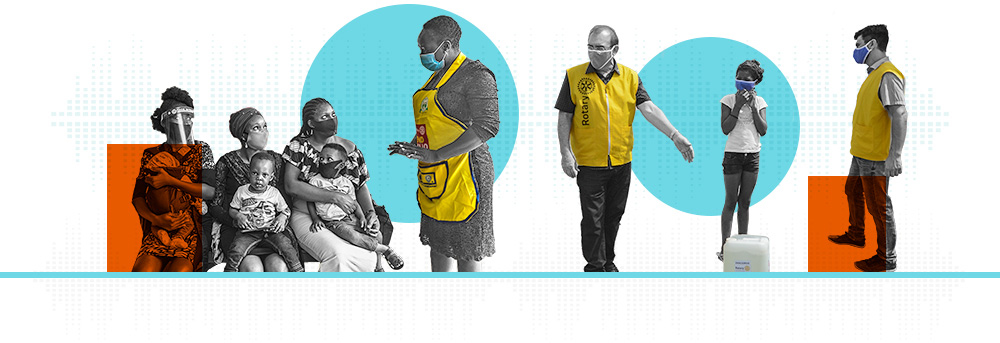
Christopher John Lindstrom and English and Spanish trainers aboard the Peace Boat.
By Christopher John Lindstrom, a 2011-13 Rotary Peace Fellow at International Christian University, Japan
As a Rotary Peace Fellow, I was excited to be able to use my experience building bridges of understanding through language all over the world on board the Peace Boat.
Peace Boat is a 33-year-old nongovernmental organization based in Japan that works to promote peace, human rights, equal and sustainable development, and respect for the environment. Peace Boat’s first voyage was organized in 1983 by a group of Japanese university students as a creative response to government censorship regarding Japan’s past military aggression in the Asia-Pacific. They chartered a ship to visit neighboring countries with the aim of learning first-hand about the war from those who experienced it and initiating people-to-people exchange.
It was my pleasure to travel the world via this cruise ship during 106 days ending in July on board a vessel that embodies many of the same values as our Rotary Peace Fellowship program. Before I began the journey, I touched base with current and past peace fellows in Tokyo at International Christian University, and later three more in Iceland, and finally two more in Venezuela. Through these exchanges, I was able to see the spirit that peace fellows bring into their future careers, whether they be at for profit organizations, NGOs, or government agencies.
In addition to exchanging pleasantries and sharing current professional roles, I decided to ask peace fellow alums another question, “What makes a peace fellow?” They shared with me several great ideas, including:
Peace fellows should be a voice for those who need someone to speak up on human rights related issues.
Peace fellows should understand the root causes of conflict, so that they may be positive change agents towards more peaceful solutions.
This was such a good experience, I am planning on doing it again at the end of this year, when I embark on Peace Boat’s 93rd Global Voyage, which focuses on countries in the southern hemisphere, mainly on the African and South American continent. I look forward to touching base with more peace fellows and sharing their words with you.
Additional answers from Peace Fellows:
 “The value of service and human rights are found around the world, that’s the message of the peace fellowship.”
“The value of service and human rights are found around the world, that’s the message of the peace fellowship.”
Christopher Cade Moseley
International Christian University
2013-15
 “I believe in the power of foreign language education to foster global citizenship, promote community engagement, and increase international dialogue.”
“I believe in the power of foreign language education to foster global citizenship, promote community engagement, and increase international dialogue.”
Sarah Sanderson
International Christian University
2013-15
 “Peace fellows work for those who are in need; we are concerned about the main issues that negatively impact peoples’ lives.” Heydee Marquez
“Peace fellows work for those who are in need; we are concerned about the main issues that negatively impact peoples’ lives.” Heydee Marquez
International Christian University
2012-14
 “The qualities of a Peace Fellow include a relentless commitment for taking appropriate action for more peaceful societies and mitigating conflicts and violence.”
“The qualities of a Peace Fellow include a relentless commitment for taking appropriate action for more peaceful societies and mitigating conflicts and violence.”
Aldo Perfetto Alexandrow
Duke University of North Carolina at Chapel Hill
2009-11.

Reblogged this on THE BLOG DU PIUSWILSON.
LikeLike
Reblogged this on shanakyar.
LikeLike
Pingback: What makes a Peace Fellow? | The Rotary Club of Carteret